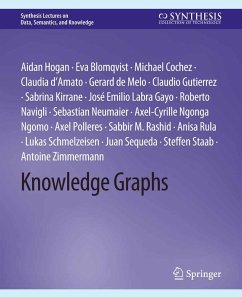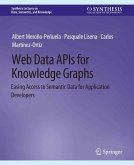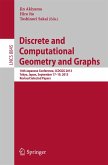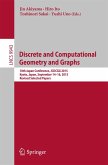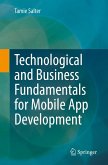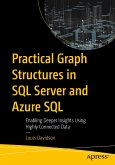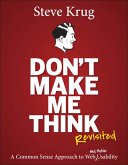Aidan Hogan is an Associate Professor at the Department of Computer Science, Universidad de Chile, and an Associate Researcher in the Millennium Institute for Foundational Research on Data (IMFD).
Eva Blomqvist is an Associate Professor at the Department of Computer and Information Science, Linköping University.
Michael Cochez is an Assistant Professor in the Knowledge Representation and Reasoning Group at the Computer Science department of the Vrije Universiteit, Amsterdam.
Claudia d'Amato is an Associate Professor at the Department of Computer Science, University of Bari, Italy and a member of the Knowledge Acquisition and Machine Learning Lab.
Gerard de Melo is a Full Professor at the Hasso Plattner Institute for Digital Engineering and at the University of Potsdam, where he holds the Chair for Artificial Intelligence and Intelligent Systems.
Claudio Gutierrez is Full Professor at the Department of Computer Science, Universidad de Chile, and a Senior Researcher in the Millennium Institute for Foundational Research on Data (IMFD).
Sabrina Kirrane is an Assistant Professor at the Vienna University of Economics and Business Institute for Information Systems and New Media, where she is also a member of the Research Institute for Cryptoeconomics and the Sustainable Computing Lab.
Jose Emilio Labra Gayo is an Associate Professor at the University of Oviedo, Spain.
Roberto Navigli is a Full Professor of Computer Science at the Sapienza University of Rome, where he leads the Sapienza NLP Group.
Sebastian Neumaier is a researcher in the Data Intelligence group at the St. Poelten University of Applied Sciences, Austria.
Axel-Cyrille Ngonga Ngomo is a Full Professor for Data Science at Paderborn University.
Axel Polleres heads the Institute for Data, Process and Knowledge Management as a Full Professor of Vienna University of Economics and Business (WU Wien).
Sabbir M. Rashid is a Ph.D. candidate at Rensselaer Polytechnic Institute (RPI) working with Deborah L. McGuinness.
Anisa Rula is an Assistant Professor in Computer Science at the Department of Information Engineering, University of Brescia.
Lukas Schmelzeisen is a PhD candidate working with Steffen Staab in the Analytic Computing group at the University of Stuttgart, Germany.
Juan Sequeda is the Principal Scientist at data.world, which he joined through the acquisition of Capsenta: a company he founded as a spin-off from his research.
Steffen Staab holds a Cyber Valley endowed chair for Analytic Computing at the University of Stuttgart, Germany, and a chair for Web and Computer Science at the University of Southampton, UK.
Antoine Zimmermann is an Associate Professor at Mines Saint-Étienne in France.

